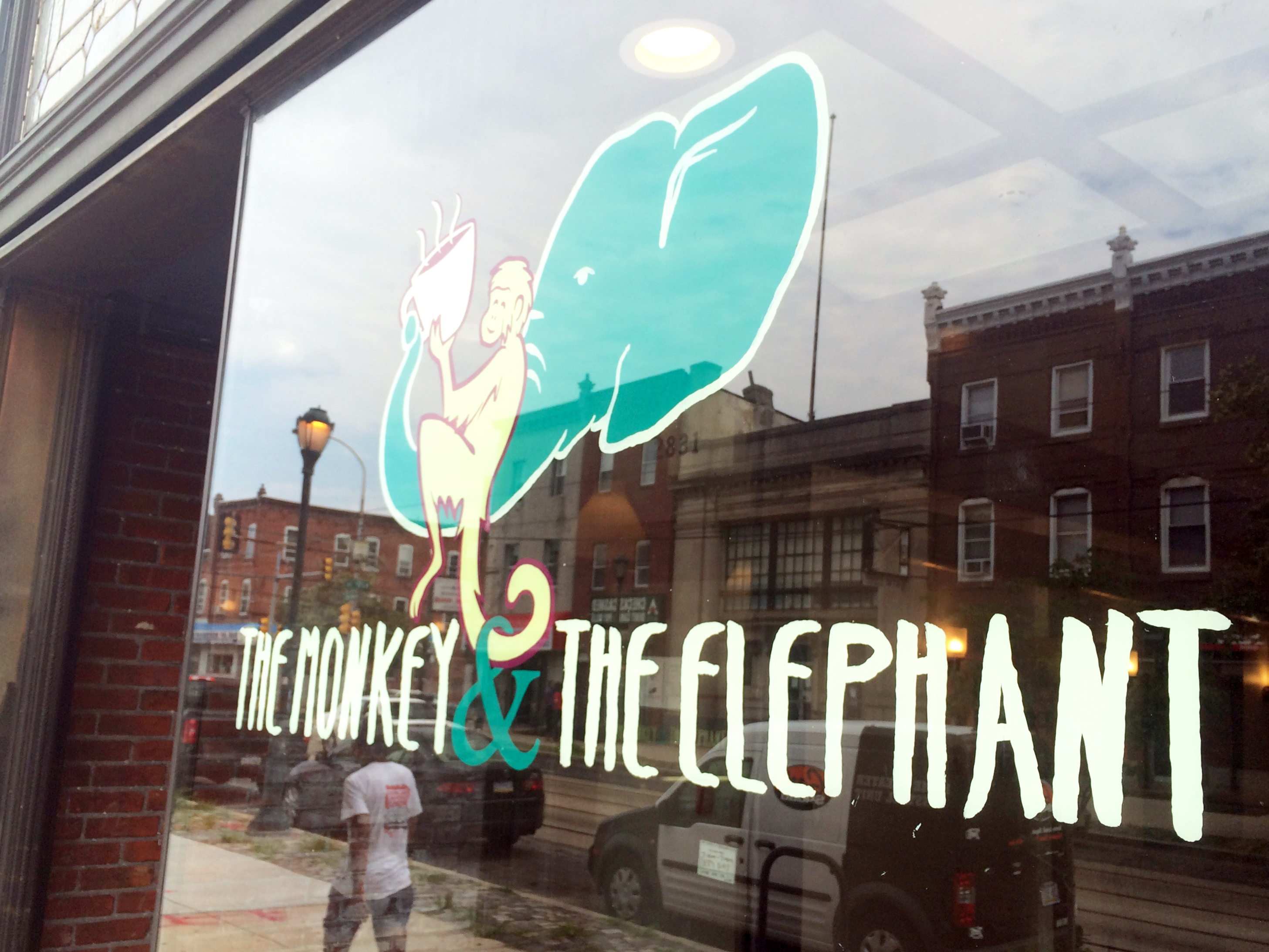
Non-profit coffee shop fights for a chance
At the crossroads of coffee, community, and foster youth.
Fledgling nonprofits struggle with the same woes as those of for-profits. Securing startup capital, establishing brand identity, sustaining a long-term business plan — the list goes on, and a unique model doesn’t necessarily guarantee success.
Take the Monkey & the Elephant, the city’s first non-profit coffee shop. It's also one of the only regional businesses that employs and works exclusively with former foster youth. From both angles, M&E’s founder Lisa Miccolis has created something that could become part of the city’s social identity.
Still, she says, they’re barely scraping by.
Miccolis, 30, opened up shop last February in the Brewerytown neighborhood. She found a space that housed two former cafes, and inherited their caffeine-hungry customer base. Moreover, the business model has been well received. Similar ideas — like the Purple Door coffee shop in Denver, which employs homeless and formerly homeless youth — have popped up in other major cities across the country, but M&E is the first of its kind in Philly.
The problem is often an invisible one.
Over 250 young Philadelphians transition out of the Philadelphia foster care system annually. They have no families, no jobs, and no semblance of a support system. M&E not only wants to offer community-oriented service jobs through the coffee shop, but also be the mentor that these young folks need at a vulnerable transition point in their lives.
Currently, they employ five former foster youth, most of whom are in their late-teens and early-20s. Through an eight-month pilot program, Miccolis and a small management staff provide both job training and a hefty dose of life coaching.
In Spring 2014, Miccolis received a $15,000 grant for the pilot. She also petitioned private donors, and got smaller contributions from philanthropic strangers around the country who were simply Googling terms like “foster care non-profits.”
But six months in, financial investment is lacking.
“We’re making it by, but it’s not sustainable in its current state,” Miccolis says.
In the Philly service industry, a successful coffee shop is one that owns its own building. Right now, payroll and rent make up M&E's biggest costs. And unlike a regular for-profit cafe, Miccolis needs to hire a full-time case worker in order make the program work. Without investment money to keep the pilot afloat — let alone expand — M&E risks losing steam in the long-term.
There is by no means an infinite pool of grant money for non-profit work. Foundations have niche interests, and the Monkey & the Elephant fits several different molds — economic development, health and wellbeing, social services, workforce development and skill training. Rejected grant proposals don’t necessarily tell you why you didn’t make the cut, either, and Miccolis has had her fair share of frustration.
“The grant funding world is very specific in certain ways,” Miccolis says. “They want to see numbers. They want to see that you’re employing x number of foster youth. It’s this idea that the more people you serve, the greater your impact is. Whereas we’re spending more time with one individual, getting them to the point where they can succeed and not be dependent on systems.”
Miccolis says the most difficult thing to get in writing is the necessity of one-on-one time. She would obviously like to expand and be able to take on more employees, but there’s no one-size-fits-all approach to this kind of work. The people come from diverse backgrounds, and Miccolis’ first priority is to be supportive of individual needs.
“Obviously the door here never closes here,” Miccolis says. “If someone has a life crisis — ‘oh my god, I don’t want to be a hairstylist’ — we can sit back down and reassess the decision making process.”
After the employees have completed the program, Miccolis is confident that the results will get noticed. Ultimately, each individual builds up their own network inside and outside the cafe space. They’re working on things like better credit, getting health insurance, and in some cases getting a criminal record expunged. They’re also working on budgeting, self-awareness, and social responsibility.
Was it all meant to come together in the first year? No. But Monkey & the Elephant doesn't intend to become just another half-forgotten coffee shop any time soon.


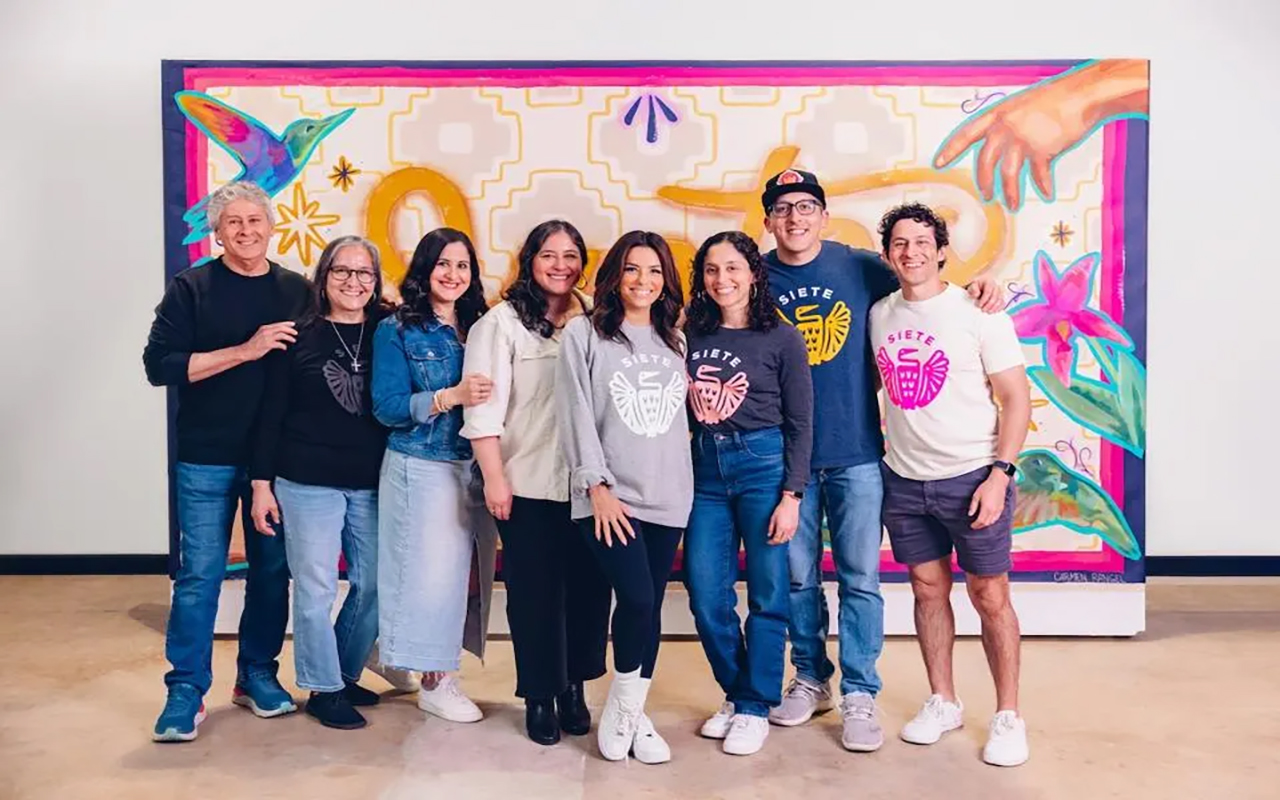
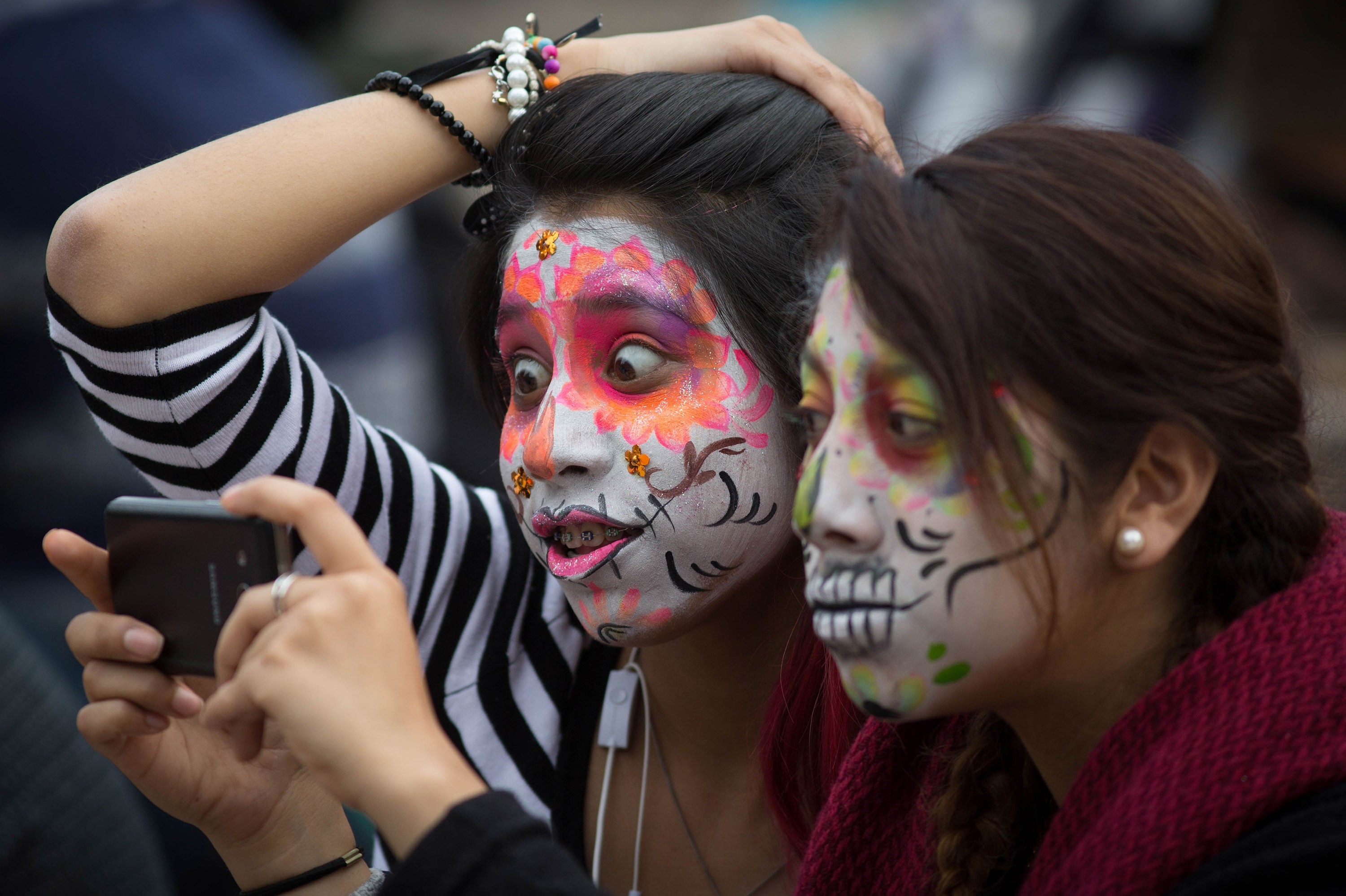
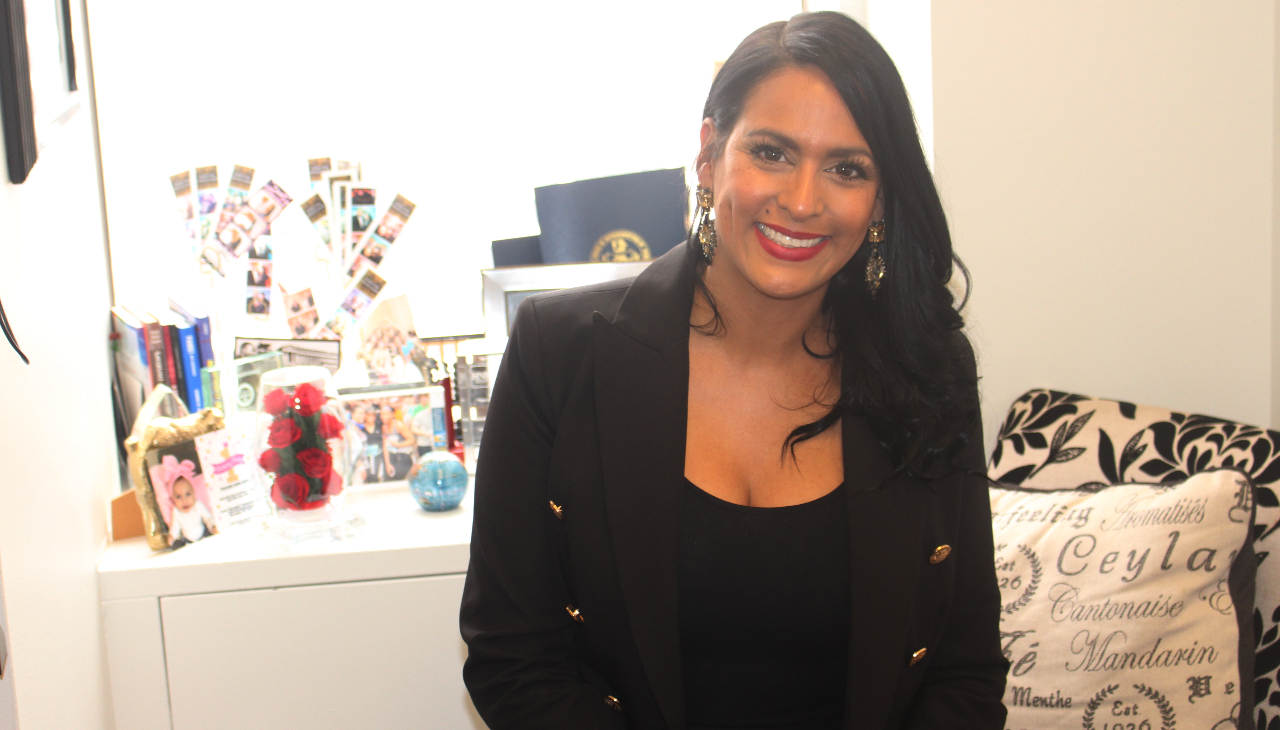
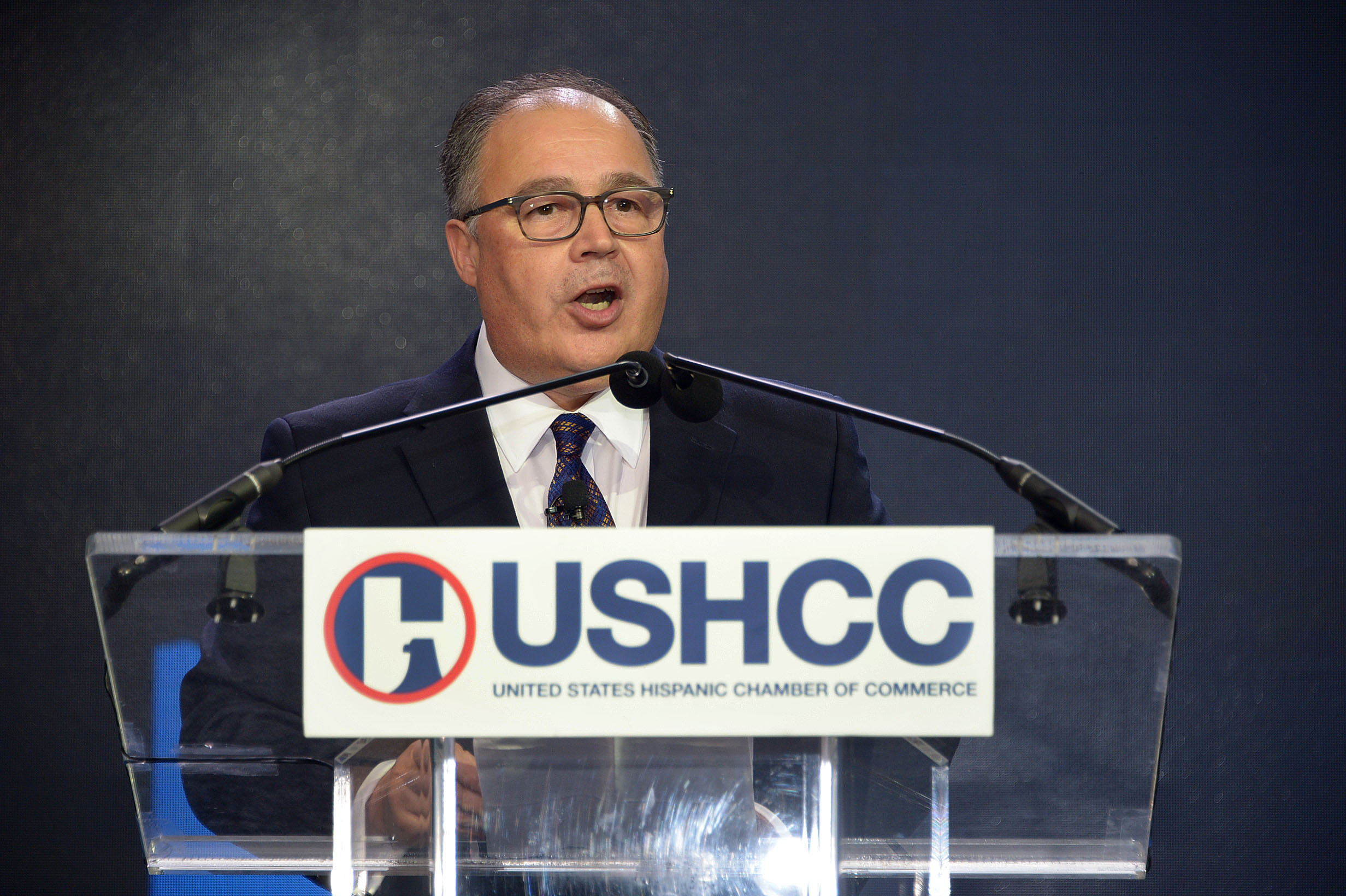
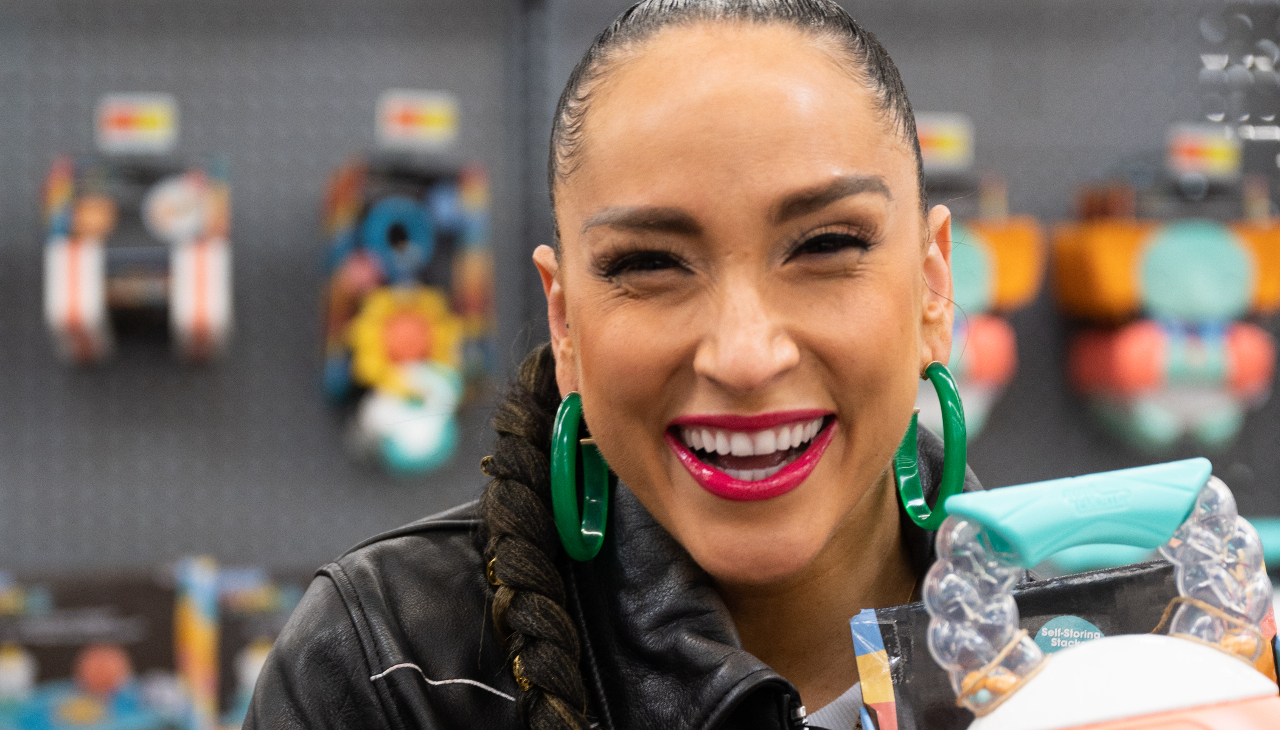
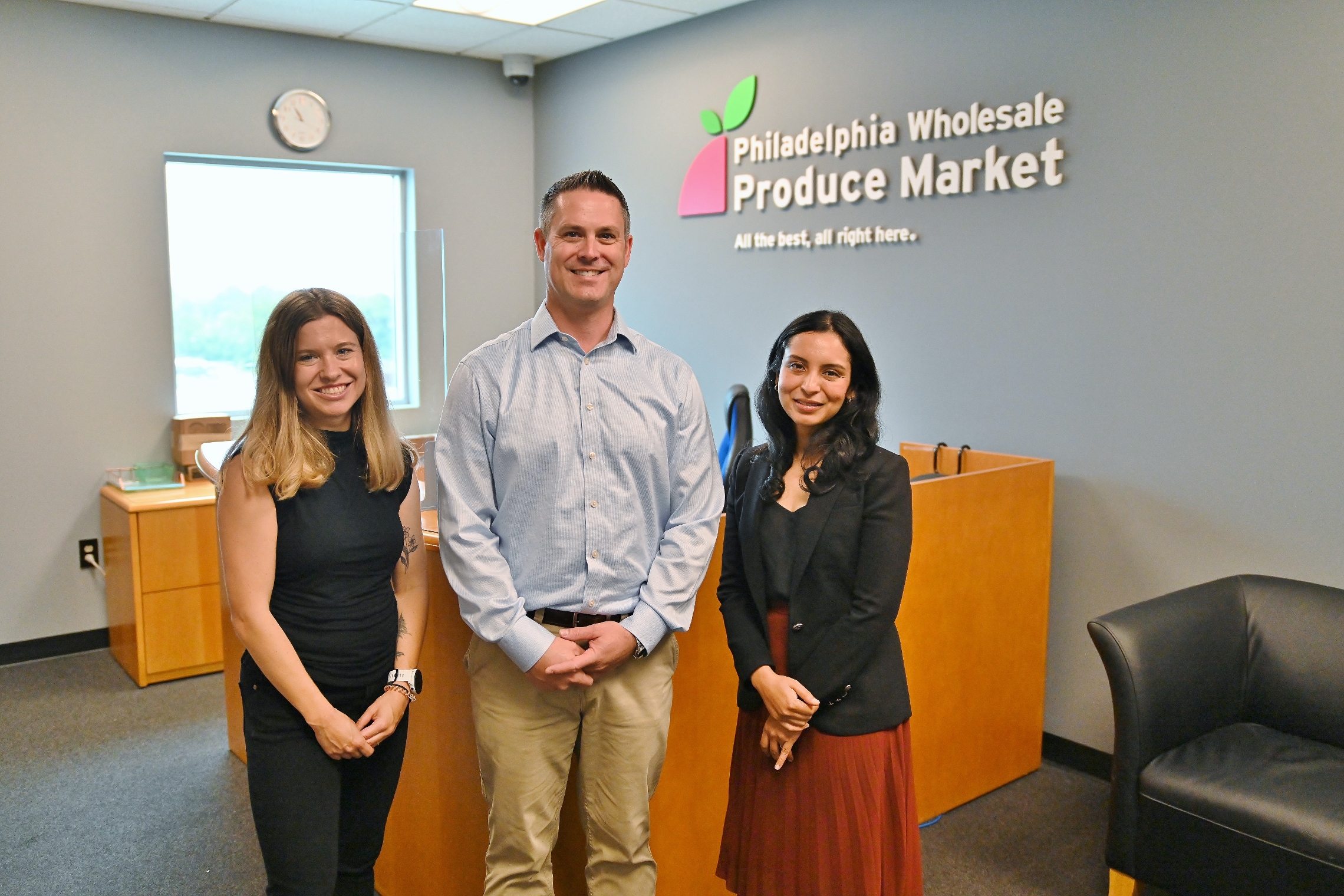
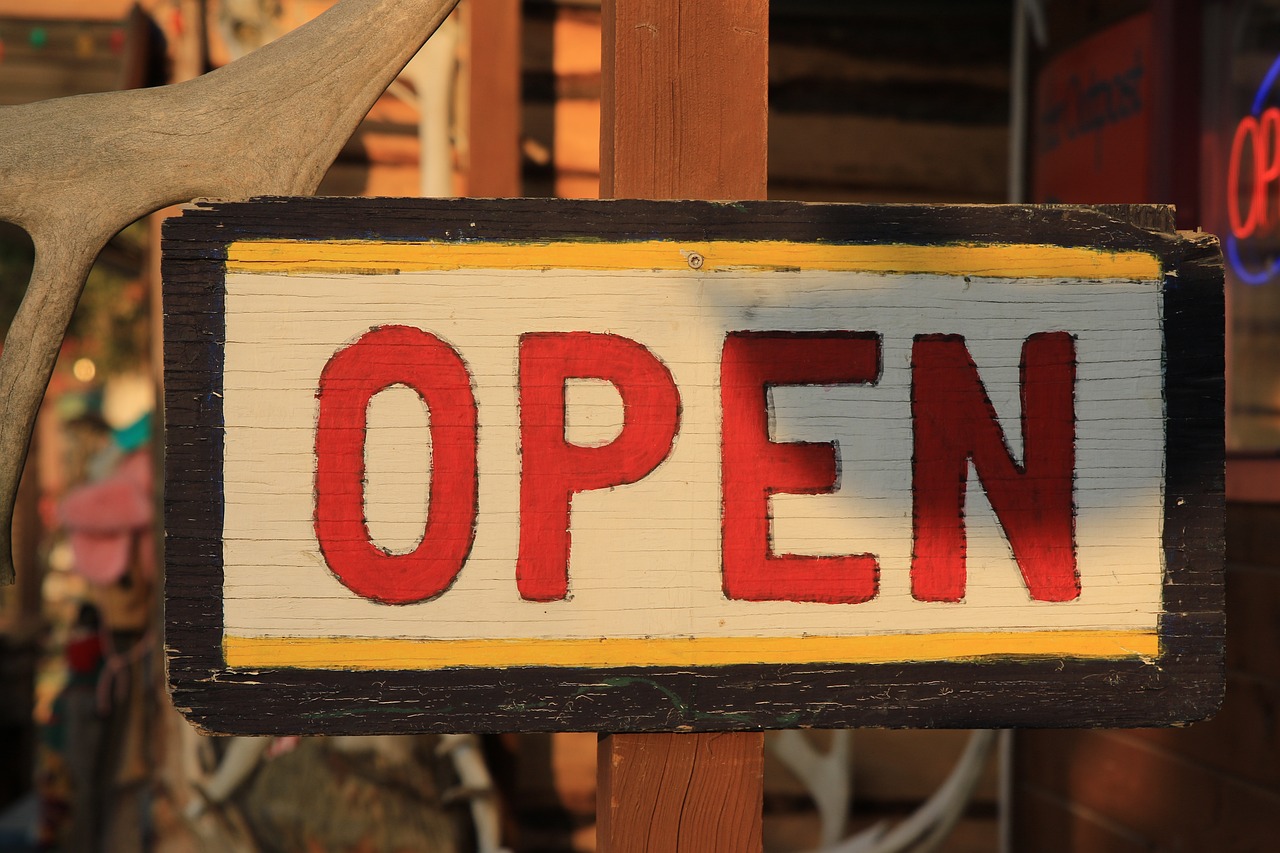
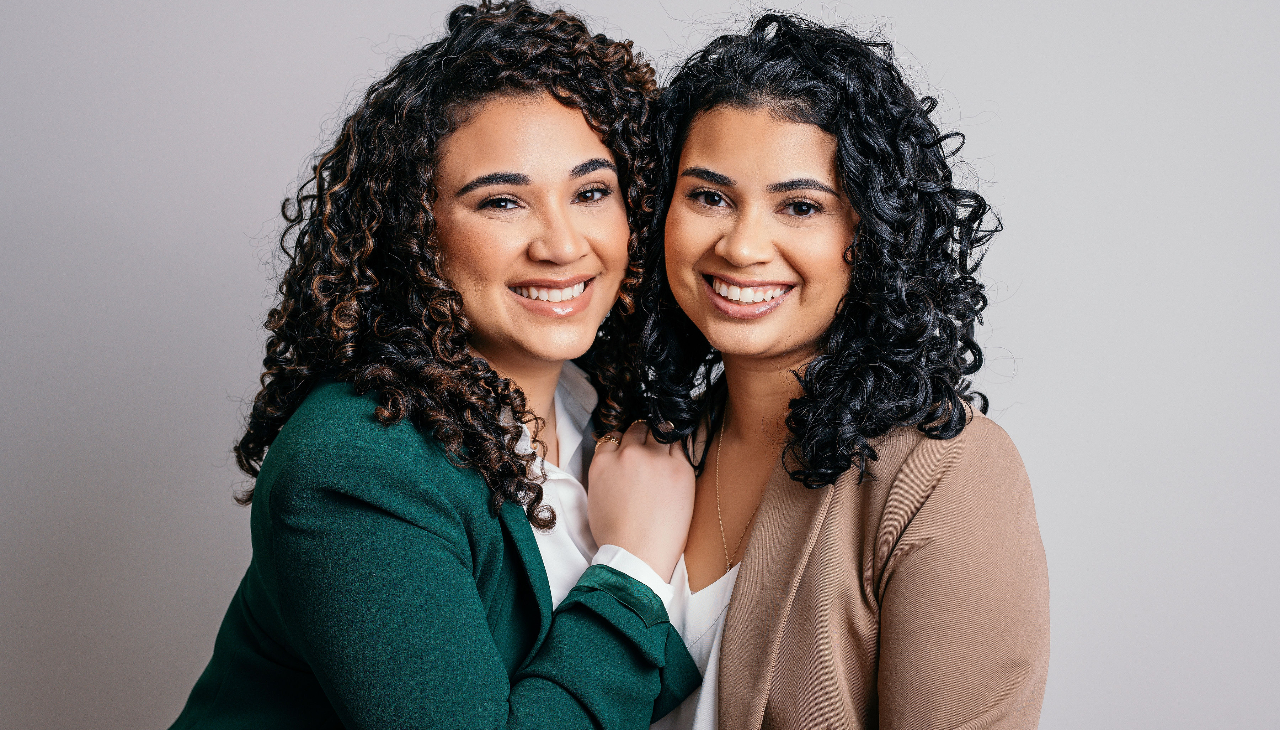
LEAVE A COMMENT:
Join the discussion! Leave a comment.